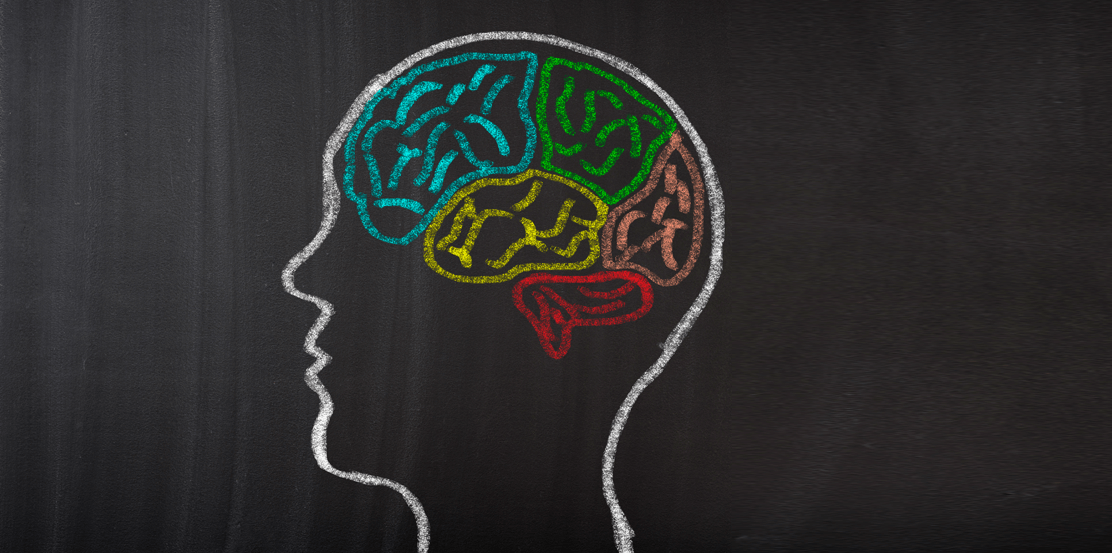
The usual talk in January is about new beginnings and new year resolutions. We all tend to feel somewhat sluggish after the holiday binge and usually think it is a good idea to set ourselves goals (realistic or not) to achieve in the coming months and year… it is a normal part of the cycle of life ;)
But as you are surely inundated with the above in magazines and social media, we decided to shed light on a somewhat different topic this January - The way we all have the ability to affect our own health, consciously and subconsciously. It's All in Your Head: True Stories of Imaginary Illness is a fascinating book by neurologist Suzanne O'Sullivan, in which she shares her past experiences in diagnosing patients with psychosomatic disorders. One of the main narratives in the book, that lends itself well to the January theme of new beginnings, is “Understanding our Inner Workings” - how mind and body are connected and affect each other in many ways.
Psychosomatic disorder is an extreme example of how our mind can subconsciously affect the function of our brain and body. People who suffer with such disorder can become functionally blind, paralised or experience seizures. They are not faking it! They are truly experiencing these symptoms and cannot just stop them at will!
Another, closely related example of mind-body relationship is Placebo Effect. Pain, Anxiety, IBS, Parkinsons and many other conditions have demonstrated positive responses to placebo treatment (symptoms got significantly better by the person’s belief that they are being treated rather than by a ‘real’ medical treatment). It is thought that the placebo effect is due to a person's expectations - if a person expects a pill to do something, then it's possible that the body's own chemistry can cause effects similar to what a medication might have caused. Experts also say that there is a relationship between how strongly a person expects to have results and whether or not results occur. The stronger the feeling, the more likely it is that a person will experience positive effects.
These examples are probably not something most of us experience regularly but the point is that we all have the ability to affect our own health - consciously and subconsciously. By actively and consistently forming positive habits we can affect our well being. Diet, movement and exercise are obvious examples of how we can affect our physical well being. Positive outlook and positive expectations are examples of how we can affect our mind-body connection to help stave off illness and impact the efficacy of the immune system. So next time you feel a bit under the weather - emotionally, physically or both - try to look inside yourself and see whether your mind can help your body recover and vice versa.
Have a good month and a great 2020!
